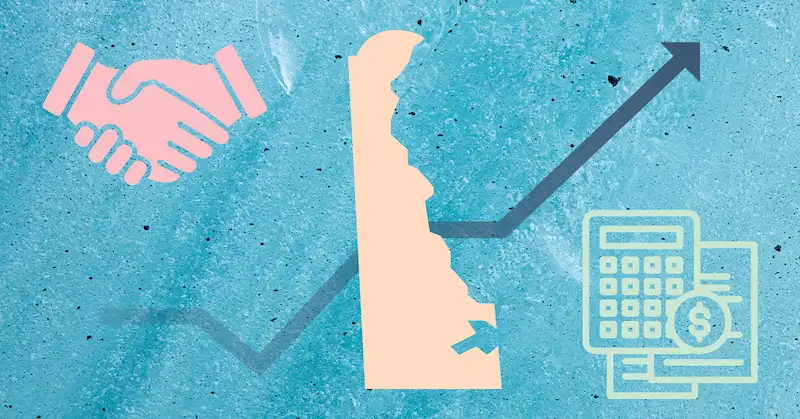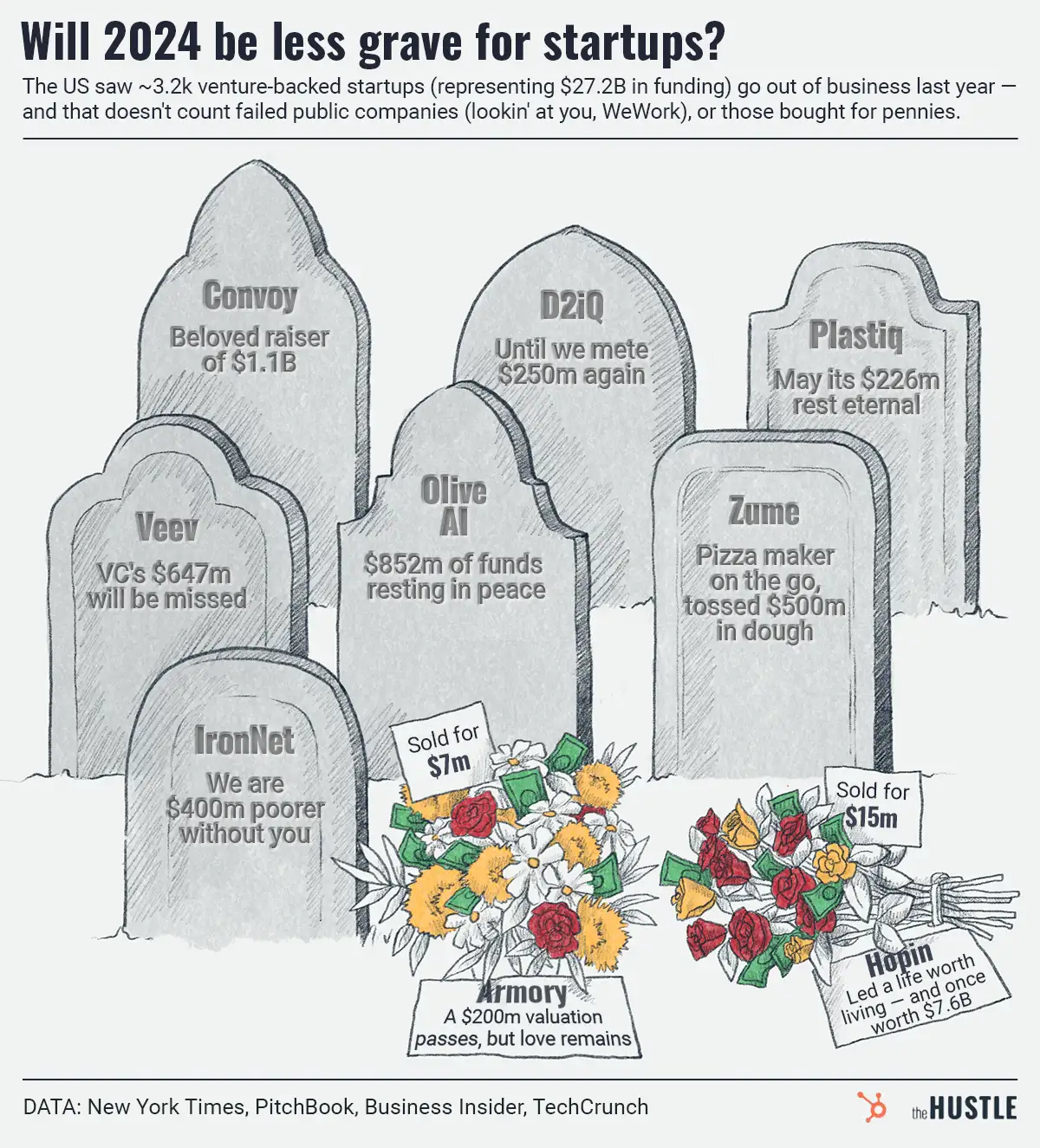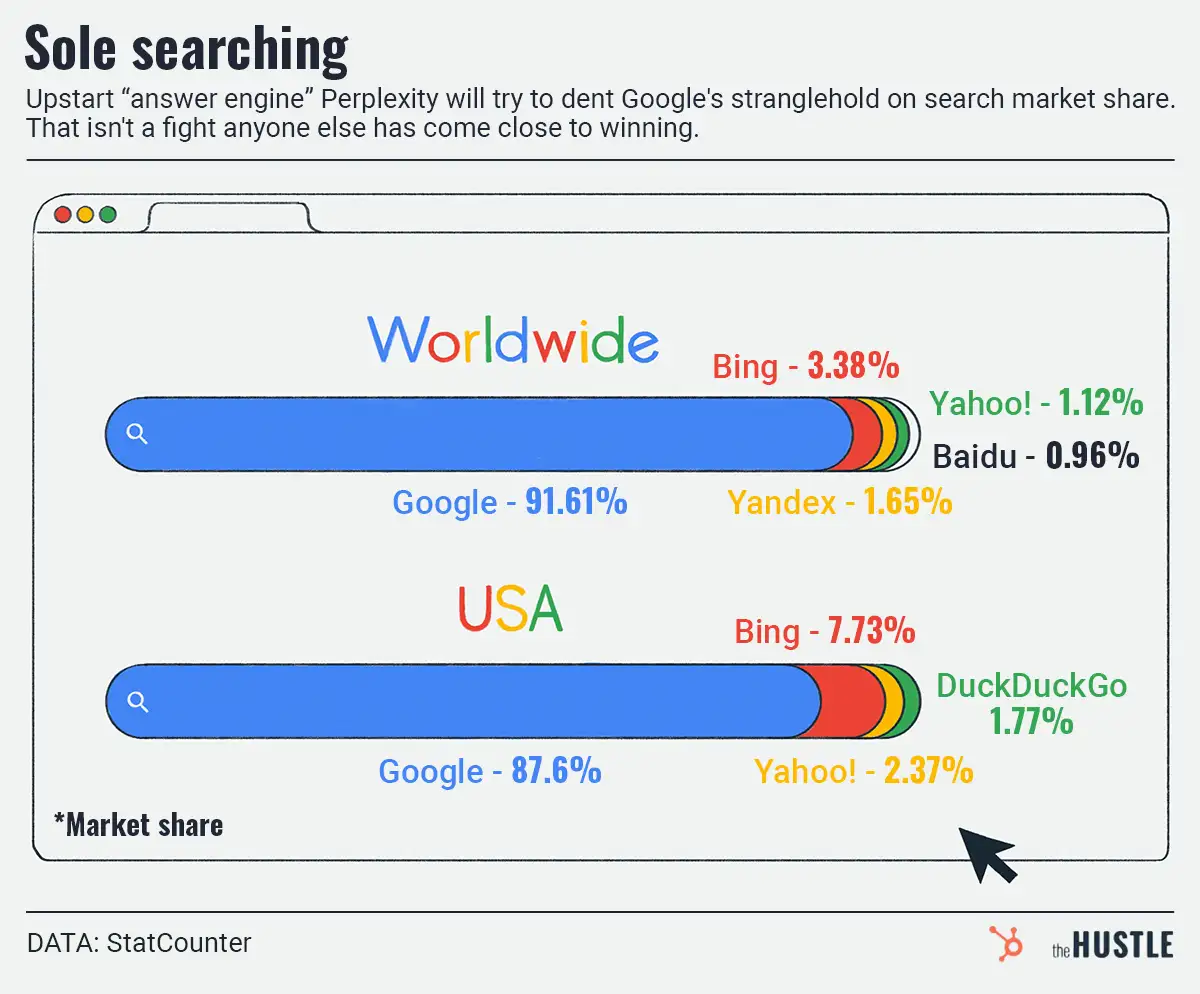In what is pretty much the Super Bowl for economists, the US Census is releasing its Q3 2020 business formation data tomorrow.

Based on the most recent data, people have been getting their startup on. Through the 40th week of 2020 (ending Oct. 3), business applications were up a record 40% YoY.
This builds on the 883k+ biz applications submitted in Q2…
… and is an all-time high, including for “high propensity” businesses, which are linked to firm creation and staff employment, The Economist reports.
This result is contrary to 2 previous trends:
- “High propensity” applications fell off the cliff after the last recession
- New-business creation has been on a downward slide for decades
Why was startup creation slowing?
Researchers proffer 2 reasons:
- Stagnant population growth
- Established corporate powers scaring off new entrants (e.g., our yearslong reluctance to launch HustleBook, a college-to-college social network)
The recent surge in entrepreneurial-dom can draw a straight line to the government pandemic relief efforts, which prioritized income protection ($1.2k stimulus checks + high unemployment insurance) over job protection.
Per The Economist, these factors “gave people both the need (losing their job) and the means (greater financial security) to take on the risk of founding a business.”
The startup boost may be less than meets the eye
The census stats could be juiced by people spinning up businesses to qualify for stimulus money — and a backlog of paused applications from the start of quarantine.
Even if that’s the case, the Shopify-cation of the economy makes it easier than ever to start a new (digitally focused) business.
It wouldn’t be the first time a crisis led to some banger startups: Airbnb and Groupon were founded in 2008 — while WhatsApp, Uber, Slack, Venmo, and Square all launched in 2009.
HustleBook may yet have its day in the sun.










